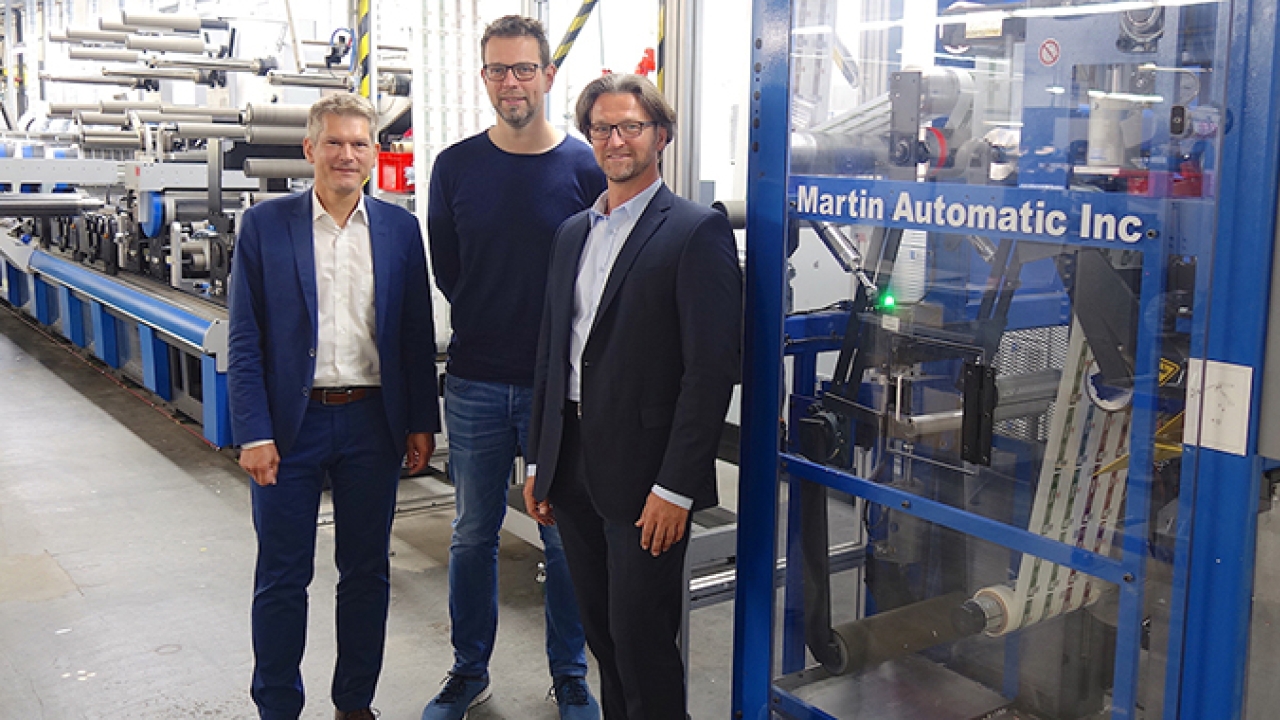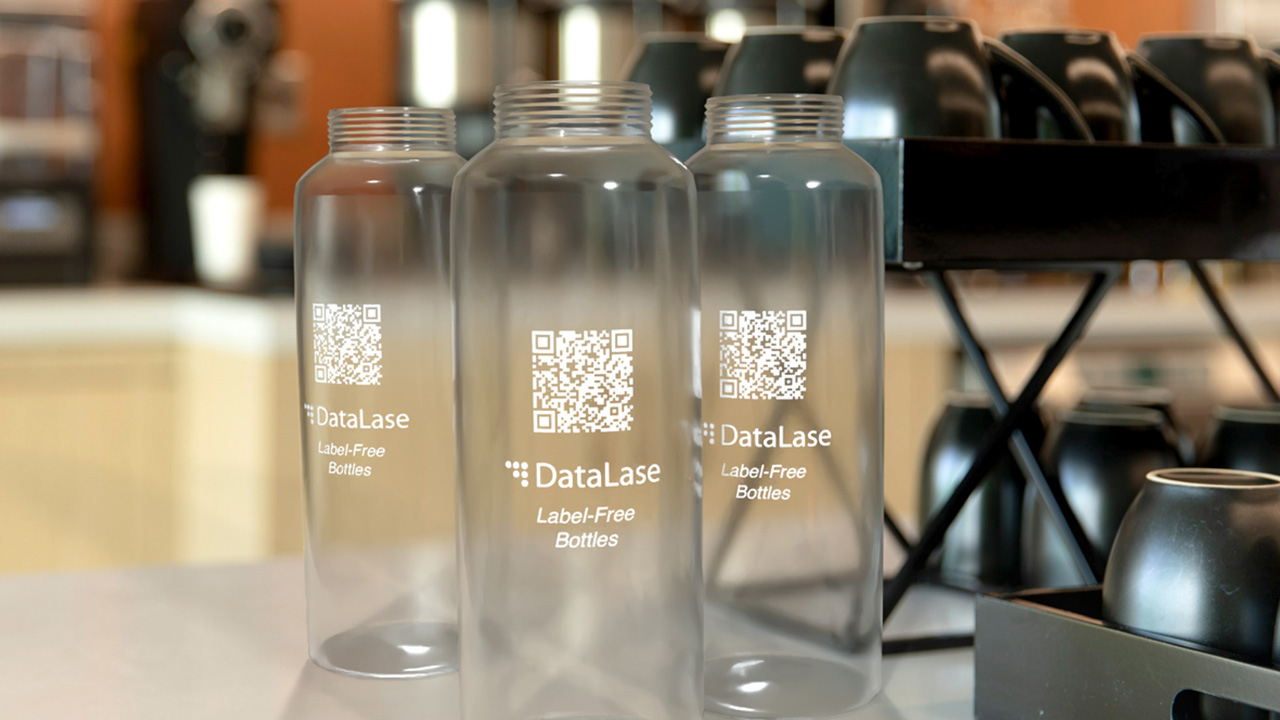Kolbe-Coloco installs Martin Automatic technology
German converter Kolbe-Coloco Spezialdruck has fitted Martin Automatic non-stop unwind/splice and rewind units to its two Gallus RCS 430 narrow web combination presses to reduce waste and boost productivity.

The company, now part of the Hamburg based HO Persiehl Group, supplies self-adhesive labels for spices, smoothies, and meat for food and beverage producers in the Netherlands, France, and Switzerland. While relatively new into narrow web production, the company’s history dates back originally to 1828 in bookbinding.
‘When I joined as Production Manager in 2010 the production floor was lacking investment in new technology and needed a forward-thinking strategy to buck the trend in the industry at that time. For me, automation offered the key to productivity, and that’s how we found ourselves talking to Martin Automatic at Labelexpo Brussels in 2017, said Michael Leon, managing director of Kolbe-Coloco Spezialdruck.
In order to fit the non-stop unwind, Kolbe-Coloco removed the original unwind unit from one of its RCS 430s to replace it with the Martin MBS splicer. On the second Gallus, the floorspace allowed the company to keep the existing unwinder, and the new non-stop splicer has been added to the existing unit.
On the rewind side, the existing press configuration has been maintained and the automatic transfer rewinders have been fitted inline. They handle production rolls up to 800mm in diameter without stopping the press and provide the ability to separate start-up waste directly in the printing process.
‘Part of the difference that automation makes is a change of mindset. To date, residual material under 700 linear meters has been disposed of, as manual loading of the machine was unprofitable. Now, we can act more sustainably by eliminating start-up waste and disposal costs. Additionally, the LRD, which has an exit ramp at pallet height makes for improved off-loading without the need for a cart, and the whole operation gives better handling in the finishing department,’ added Leon.
According to the company, operators made around 3400 roll changes a year on each Gallus machine, and the time-savings now achieved with the Martin technology are impressive.
‘If we calculate four minutes per manual roll change, that amounts to 226 hours a year with the press stood idle, or double that if you count both ends of the two presses. We estimate a saving of 40 hours machine stoppage per month in total, on top of the 430,000 linear meters of material that we’re now not throwing away. We can also buy smaller rolls too, if the price is advantageous, so 2000 meter rolls, which are easier to handle, instead of the 3000 or 4000 meter rolls previously. It means that our ROI on the Martin equipment has shortened from the predicted 3 years down to 18 months – that’s the value of automation,’ concluded Leon.
Stay up to date
Subscribe to the free Label News newsletter and receive the latest content every week. We'll never share your email address.

